These Red Flags Can Make Your House an Easy Target for Burglars
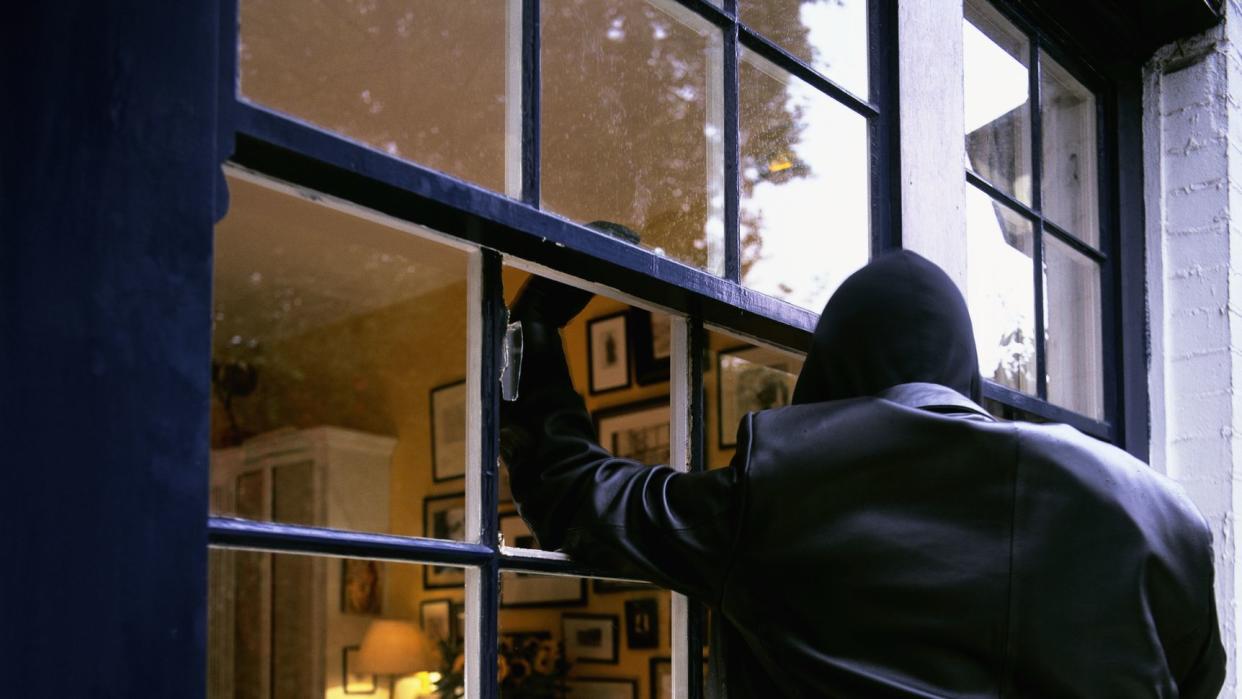
Burglars don’t want to get caught, which is why they usually wait until you’re out of your house before they break in. Who’s tipping them off that you’re out of town and your house is a sitting duck? Well, it just might be you—by not taking steps to make sure your house appears occupied.
In addition to security cues like alarm systems, burglars look for what’s referred to as “occupancy cues,” or “giveaways that tell them whether you’re home,” says security and intelligence professional K. Campbell, principal at Blue Glacier Security & Intelligence LLC. “If you go away for even a few days, such as for a long weekend, your home might lack occupancy cues.”
Occupancy cues are exactly what they sound like—signals that someone is at home, like lights turning on and off. Fortunately, there are a number of ways you can make sure your house looks occupied even when you’re far, far away. Since we live in the smart-home era, it’s easy to control things like lights and blinds from anywhere in the world, so long as you have an internet connection. You can also ask family and friends to come by and check on things that can’t be controlled from afar.
Before you leave for your next vacation, read up on these eight dead giveaways that no one’s home, making your house a potential target for burglary. Plus, we’ve shared solutions from Campbell and other home security experts to avoid them.
For more advice on protecting your home:
The House Is Dark
When you’re home, you probably turn the lights on and off at night as you go about your evening routine. If your house remains dark all night long, that’s a pretty clear sign that no one’s there.
You can try setting your lights on timers to keep things illuminated while you’re away, fooling any stalkers. But there’s an even better option for burglary prevention: “To really make it seem like your house is occupied, install smart lights that you can control remotely,” says Rob Gabriele, managing editor and home security expert at SafeHome.org. That way you can keep your lighting situation random, making it look more authentic. For extra credit, you can also use a TV light simulator to make it look like someone’s watching TV.
Related: How to Personalize Your Home With Smart Lighting
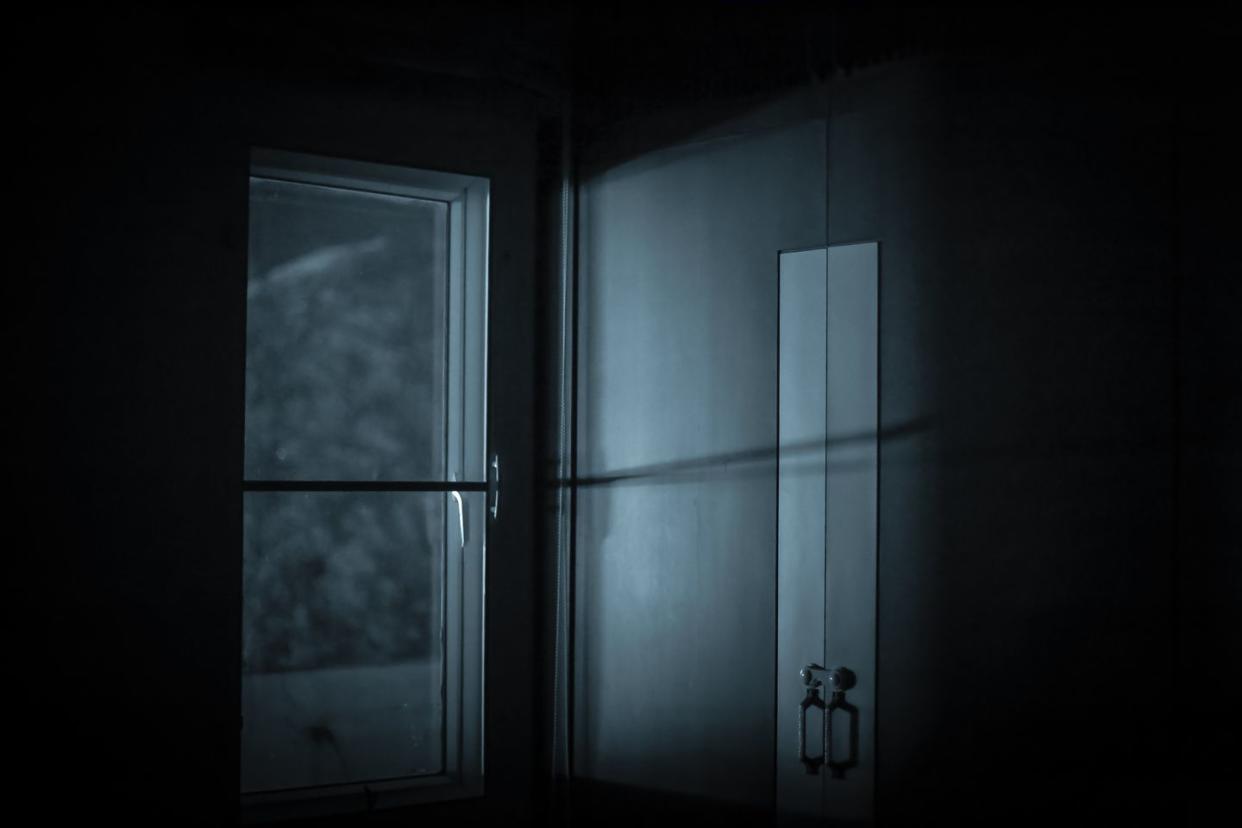
No Cars in the Driveway—Or a Parked Car That Doesn't Move
Burglars often “case” a house for awhile before breaking in, studying it to identify security and occupancy cues specific to the home and its owners. If you always park your car in the driveway and a burglar sees it missing one night, they could realize you’re not home. On the flip side, if you’ve taken a taxi to the airport and left your car in the driveway, a burglar might take note that the car hasn’t moved in days. To avoid this, it’s best to have a neighbor, family member, or friend park their car in your driveway from time to time or even move your car for you.
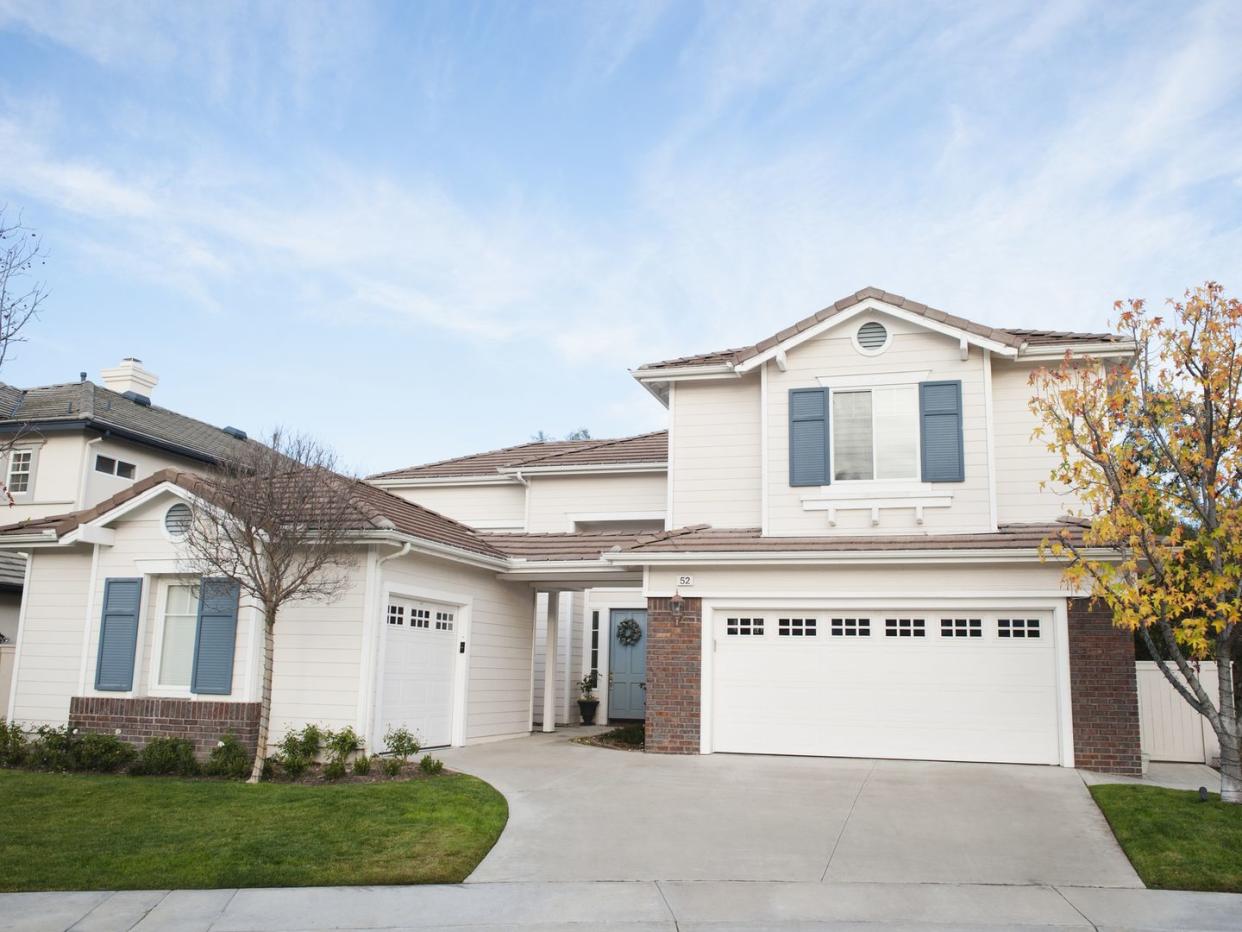
A Pile of Mail, Newspapers, or Packages
When a mound of Amazon boxes grows outside your front door, that’s a clear indication no one’s home to bring them in. The same goes for newspapers that are lining the driveway or mailboxes that are overflowing. The solution is simple: Have someone pick up your mail for you while you’re out of town.
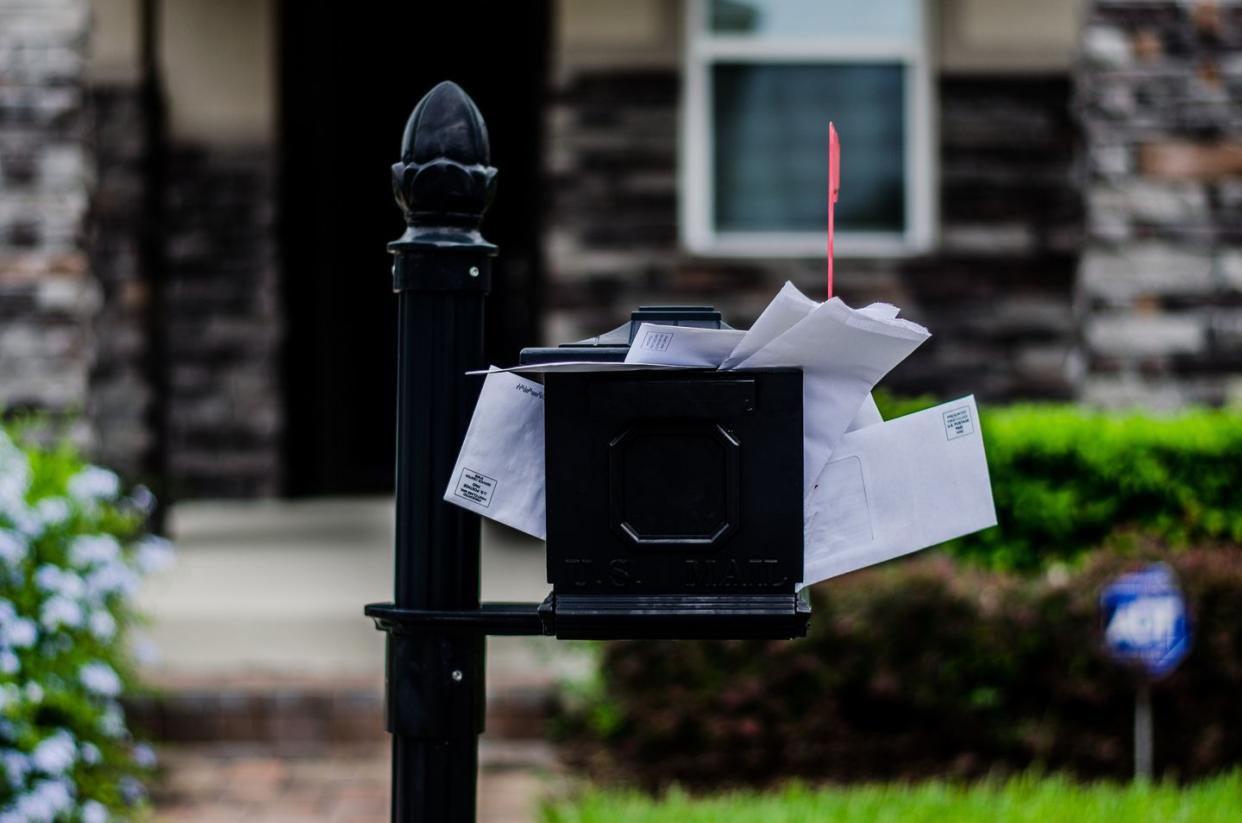
Your Lawn Care Is Lacking
If you’re gone for an extended period of time, careful observers could take note of a usually well-manicured lawn becoming somewhat unkempt. “To keep burglars away while you’re on vacation, hire help for lawn maintenance,” advises Gabriele.
Related: 9 Reasons Your Lawn Looks Worse Than Your Neighbor's
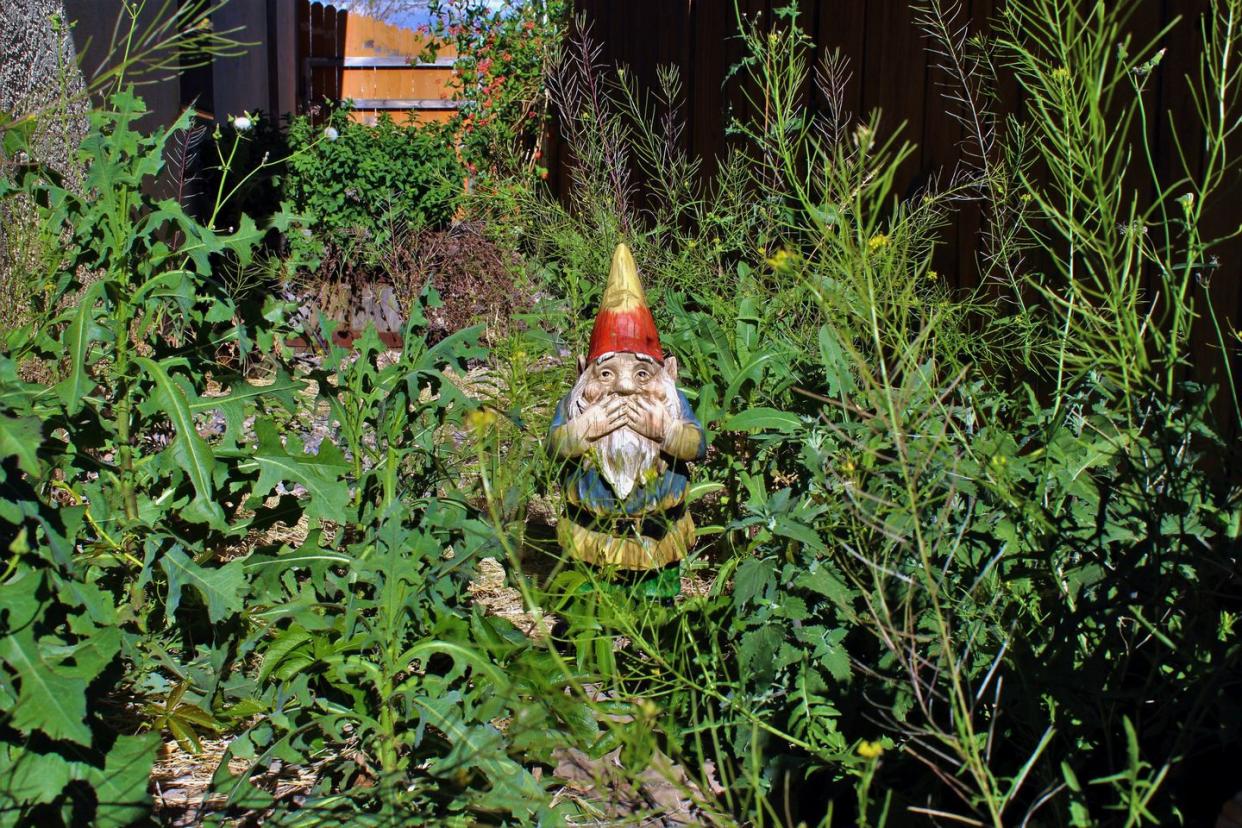
No One Shovels or Plows After a Snowstorm
You may be spend winter break in sunny Florida while your local burglar is hard at work. Depending on where you live, if you’re away during the cold months, a snowstorm could easily give away the fact that you’re not home. If you haven’t plowed your driveway or shoveled the front walk for a few days after snowfall, burglars might catch on that this is their moment. (You might also get a ticket from the town, but that's a whole other problem.) As with lawn care, it’s best to hire someone to take care of this for you while you’re gone. It wouldn’t hurt to have a few sets of footprints coming into and out of your house too.
Related: This Is the Best Electric Snow Shovel
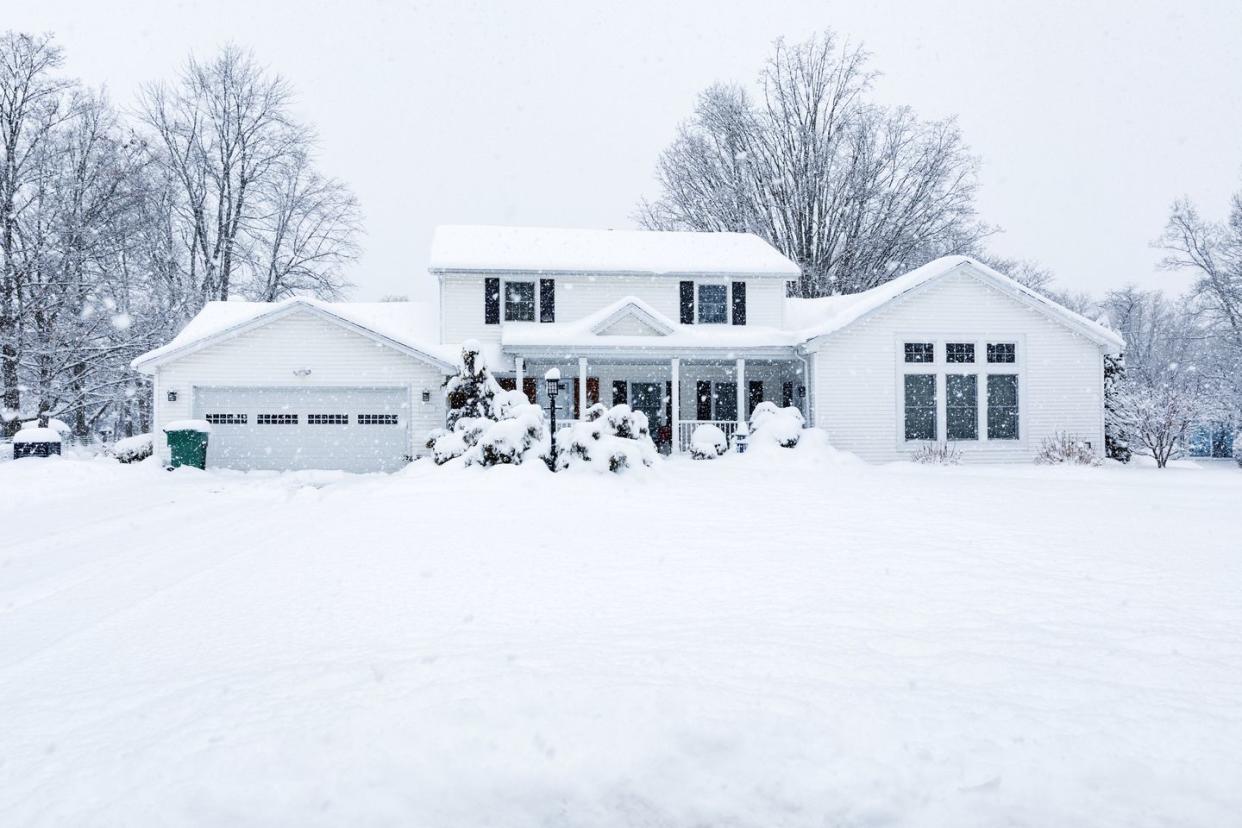
Your Blinds or Curtains Haven't Moved
If you typically open and close your blinds every day, a potential burglar might notice if they consistently remain in one position. “Incorporate smart blinds in your home, and set a schedule for them to open and close automatically while you’re away,” Kim Wright, director of corporate security at ADT and a former FBI special agent, suggests.
Related: The Best Blinds for Your Home's Windows
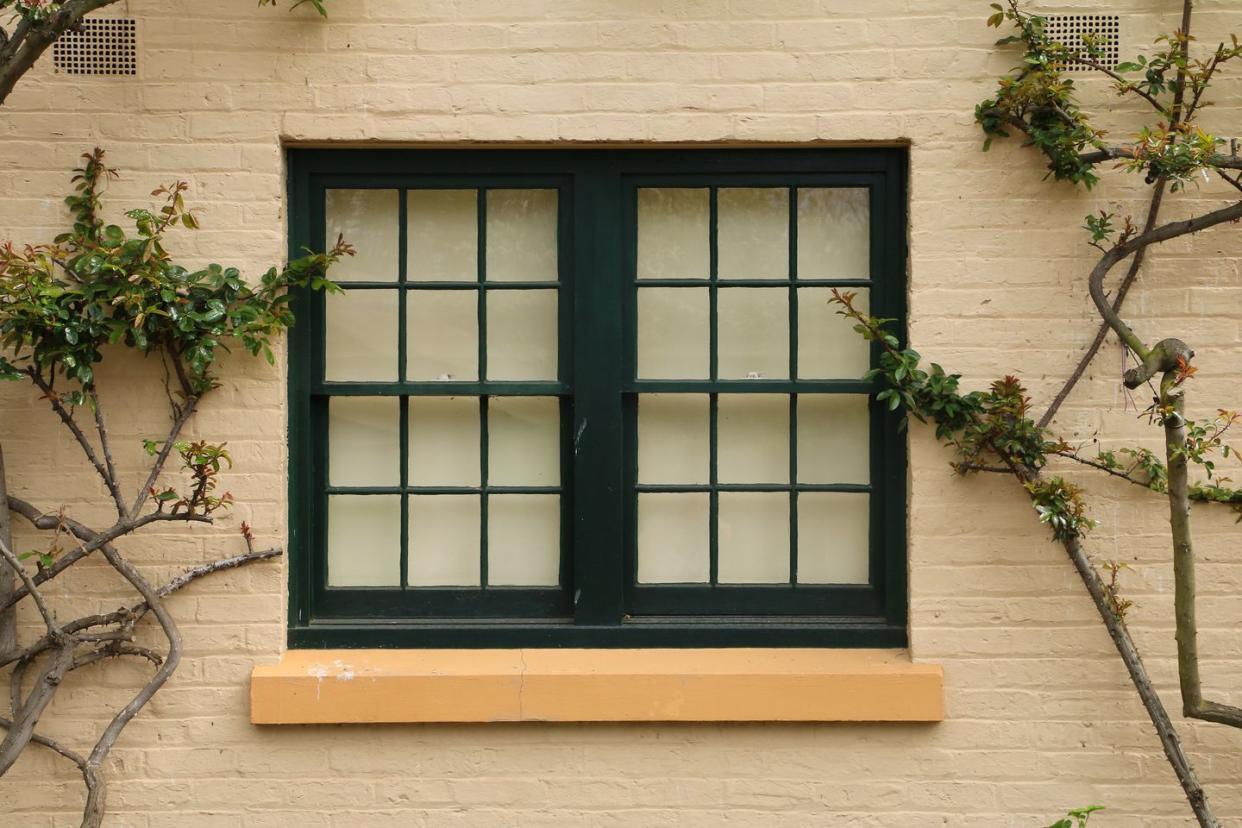
The Trash and Recycling Didn't Go Out
Again, any deviation from your typical home routine can indicate your house is vacant. “Most burglars often stake out a victim’s place before putting their plan into action, potentially knowing the schedule of your neighborhood, such as trash collection day,” Wright says. “I recommend asking a trusted friend, family member, or neighbor to place your trash bins outside when trash day comes around.”
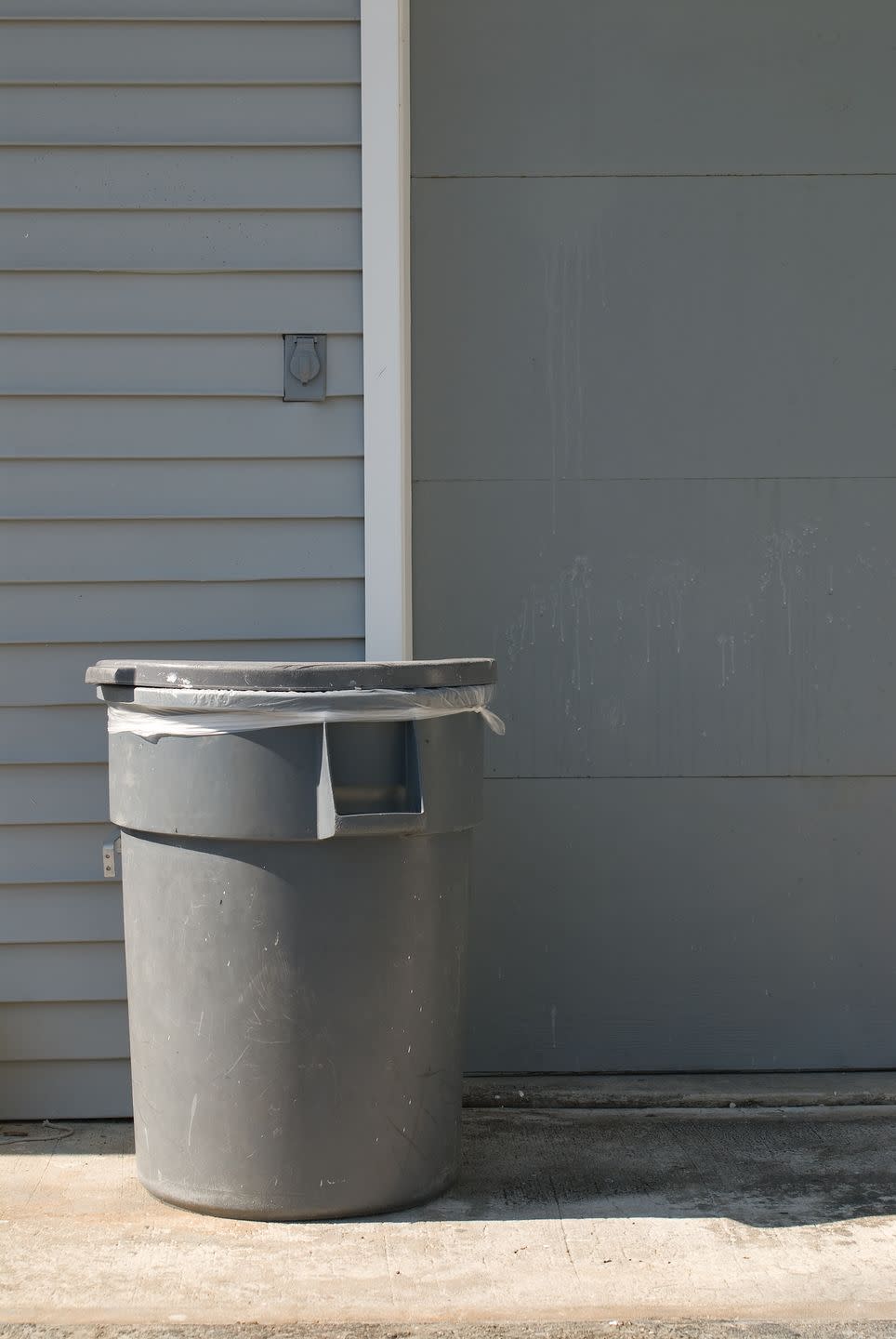
You're Posting on Social Media From Vacation
Nothing says “I’m not home” like a constant stream of vacation content on your social media profiles. That’s not to say you can’t post at all, but you should be judicious about what you’re posting. “While it’s tempting to showcase your fantastic trip, publicly revealing information such as departure dates and duration of absence can invite potential risks back home, such as theft of packages or break-ins,” says Wright. Generally speaking, it’s best to save the vacation posts for after you’ve returned home.

You Might Also Like
